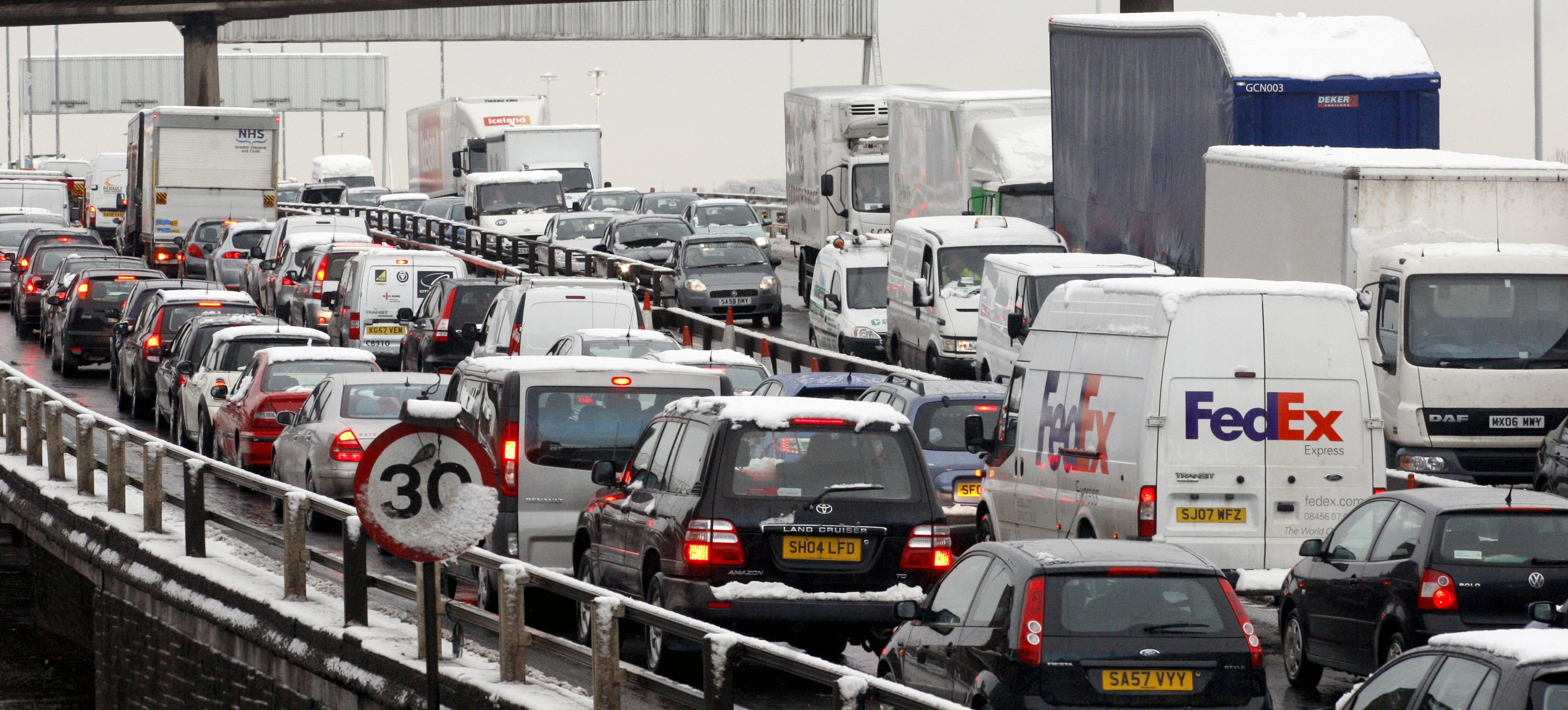Car-free roads and higher parking charges proposed in bid to reduce traffic
The suggests are made for Glasgow by the city’s Centre for Population Health.

Your support helps us to tell the story
From reproductive rights to climate change to Big Tech, The Independent is on the ground when the story is developing. Whether it's investigating the financials of Elon Musk's pro-Trump PAC or producing our latest documentary, 'The A Word', which shines a light on the American women fighting for reproductive rights, we know how important it is to parse out the facts from the messaging.
At such a critical moment in US history, we need reporters on the ground. Your donation allows us to keep sending journalists to speak to both sides of the story.
The Independent is trusted by Americans across the entire political spectrum. And unlike many other quality news outlets, we choose not to lock Americans out of our reporting and analysis with paywalls. We believe quality journalism should be available to everyone, paid for by those who can afford it.
Your support makes all the difference.A radical approach is needed to reduce traffic levels in Glasgow including making more roads car-free, a report has recommended.
The Glasgow Centre for Population Health says on-street parking spaces should be reduced and parking prices increased.
It also says a proposed reduction of the speed limit to 20mph should be brought in rapidly and enforced by police.
The recommendations, first reported in The Herald, are part of a submission to the city council’s active travel consultation.
The submission says: “Much more could be done by reducing parking capacity, particularly on-road parking, increasing pricing for parking and via road space reallocation approaches, such as the Avenues programme and the recently announced proposal to remove cars from a large part of Glasgow city centre.
“A far more radical approach than is suggested here will be needed to support achieving net-zero emissions by 2030.
“The proposal to reduce the speed limit on the majority of roads in Glasgow to 20mph should be brought in rapidly.
“Enforcement will be important and the support of the police will be vital.”
It also says the pace of change in redesigning road spaces in Glasgow has been “extremely slow”, adding: “We should also be looking to permanently close other streets to motorised traffic as has happened with the closure of Kelvin Way.”
A spokesman for Glasgow City Council told the newspaper: “The active travel strategy is part of a wide-ranging effort to create a sustainable transport system for Glasgow that supports the economy, tackles poverty, creates thriving neighbourhoods and is central to the fight against climate change.
“The strategy complements the overall Glasgow Transport Strategy, which sets out 144 basic policy goals but also includes the crucial target of reducing car kilometres travelled in Glasgow by 30% by 2030.
“An overall aim of all this work is to rebalance our transport system so that travel is easier, more affordable and fairer for the near 50% of Glasgow households without access to a private car.”